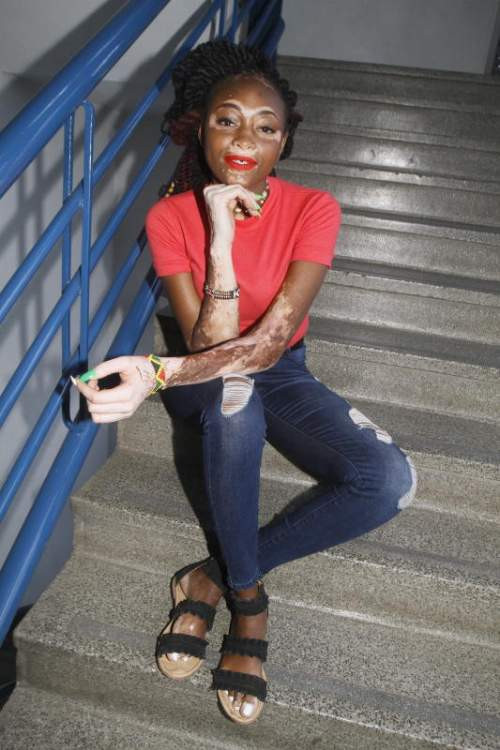×
The Standard e-Paper
Smart Minds Choose Us
If there is one thing JOAN MBUGUA, a model, wishes is for people to stop judging her because of the colour of her skin. She spoke to ESTHER DIANAH about her initial struggles with vitiligo. 
How old were you when you noticed the first spot?